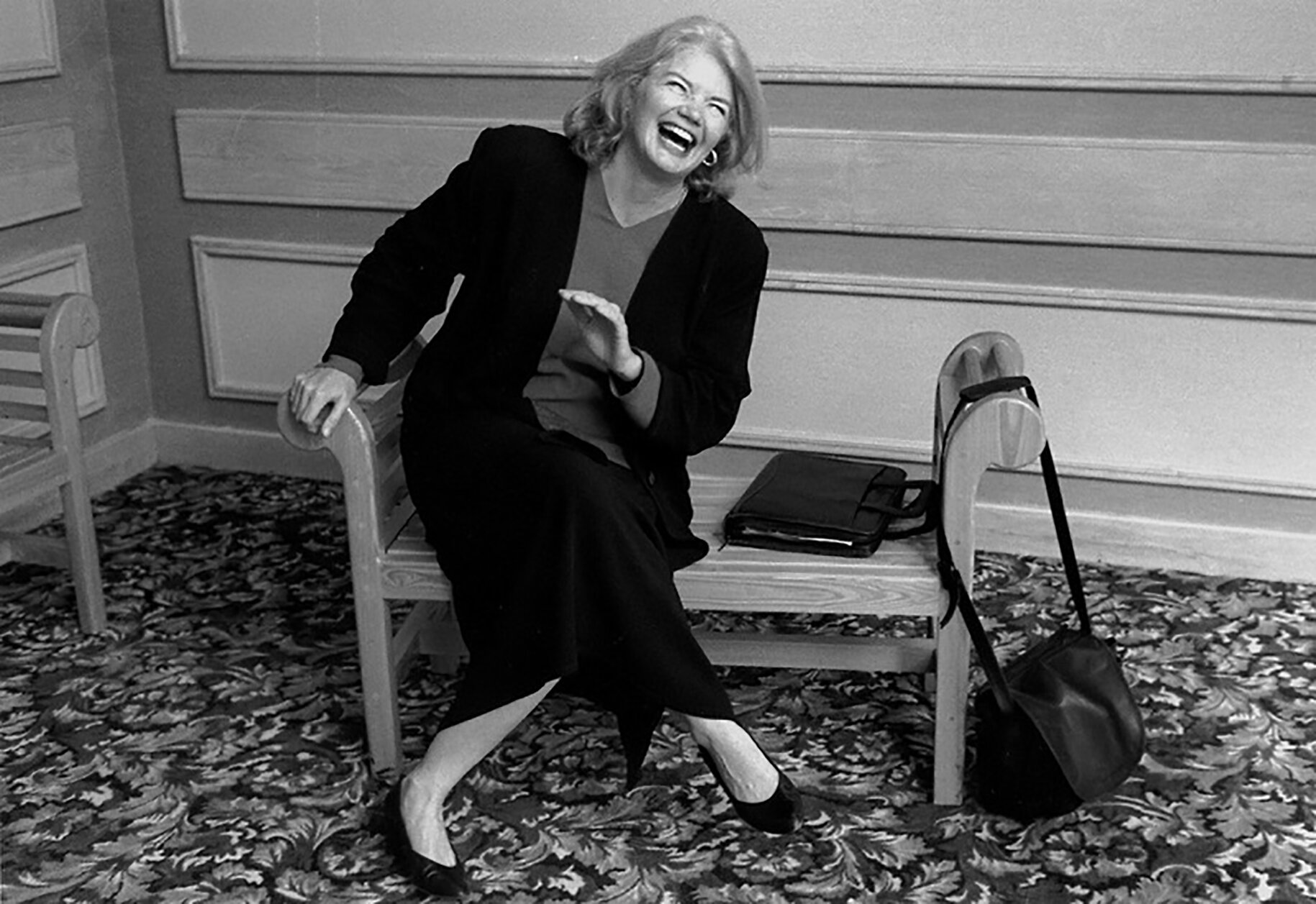'Judy'
In the biographical drama “Judy,” the legendary singer and actress Judy Garland gets the last word — something a hard life, and an overdose of barbiturates, denied her when she died on June 22, 1969, 12 days after her 47th birthday.
And Renée Zellweger, in the best performance of her career, gets a chance that Judy never got, to show what an older actress at the top of her game can do with a meaty role.
Zellweger plays Garland in the final year of her life. When the film begins, it’s near Christmas 1968, and Judy is performing a low-rent gig with her two younger children, Lorna and Joey Luft. When they arrive at Judy’s regular hotel, the manager tells her she’s in arrears and her suite has been rented to someone else. Her last refuge is the kids’ father, and Judy’s ex, Sid Luft (Rufus Sewell) — who uses Judy’s current homelessness to demand full custody of the children.
Broke, and unemployable in the States because of her past unreliability, Judy takes the one gig available: A string of concerts in London. She’s unsteady at first, at least in the eyes of her minder, Rosalyn (Jessie Buckley) — but once she hits the stage, that amazing contralto voice kicks in, and all signs point to the comeback Judy has sought for years.
But not all the shows go according to plan. Alcohol, hecklers, and Judy’s crippling self-doubt — exacerbated by pills — leave her a shambles, causing the producer, Bernard Delfont (Michael Gambon), to consider pulling the plug. Further complicating Judy’s life is the arrival of a new boyfriend, nightclub owner Mickey Deans (Finn Wittrock), who romances Judy while also trying to use her name to secure a deal stateside.
Director Rupert Goold — primarily a stage director, though his 2015 movie debut “True Story” with James Franco and Jonah Hill was noteworthy — intercuts Judy’s late-‘60s troubles with flashbacks to the late 1930s, when a 16-year-old Judy (well played by 17-year-old newcomer Darci Shaw) learned the harsh truth about Hollywood. That truth was that she couldn’t do anything fun, like eat a hamburger or go on a date, without the permission of MGM’s dictatorial boss, Louis B. Mayer (Richard Cordery). It was Mayer’s concern with Judy’s weight that led to a lifetime of diet pills and sleeping pills.
Tom Edge’s script, adapting Peter Quilter’s play “End of the Rainbow,” indulges in the biopic cliches of momentary highs and depressing lows. It’s not as drearily literal as “Bohemian Rhapsody,” nor as fantastical as “Rocketman”; it most closely resembles “My Week With Marilyn,” which encapsulates its subject’s late-career period with a possibly career-saving job in England.
But even within those old tropes, there are moments of grace. There’s a sweet scene when Judy meets two devoted fans (Andy Nyman and Daniel Cerqueira), an old gay couple, and ends cooking them eggs in their flat. And there’s a heartbreaking phone call Judy makes to Lorna (played devastatingly by Bella Ramsey, known to “Game of Thrones” fans as Lyanna Mormont).
Mostly, though, what carries “Judy” along is Zellweger’s performance. Yes, she gets all the physical moves — the darting doe eyes, the pursed lips, the nervous tics. And Zellweger even sings Judy’s songs, nailing the emotional beats without resorting to lip-synching the originals.
But there’s more to Zellweger’s performance than mere impersonation. Zellweger reveals Judy’s fragility that doomed her, but also the passion for performing, for being Judy Garland on a stage no matter the cost, that made her an icon. In digging into Judy’s persona, Zellweger makes “Judy” her own.
——
‘Judy’
★★★
Opens Friday, September 27, at theaters nationwide, including Broadway Centre Cinemas (Salt Lake City) and Megaplex Jordan Commons (Sandy). Rated PG-13 for substance abuse, thematic content, some strong language, and smoking. Running time: 118 minutes.







